The Five Pillars of Islam are the Foundations you have to uphold to be considered a Muslim.

Ramadan of the Hijri Year 1444 (Georgian Calendar: 2023) has started, and I thought a lot about what to write for it. Since the Muslim world is practicing one of them right now: Fasting in Ramadan, I thought it's a very fitting topic.
Below Is a list of the Pillars of Islam. I plan to talk about each of them in a post during the next week. (إن شاء الله)
Of course, this is from my experience and opinion, you can find more details in Wikis or Islamic Books. I don't claim I'm a scholar after all.

Pillars of Islam
Islam means submission to God. Muslim means a person who submits himself to God. Knowing that, to be considered a Muslim, there are things that you're supposed to do.
Upholding these pillars is essential because they're the framework of a Muslim's whole relationship with God:

1 - Shahada (الشهادة - The Testimony)
أشهد أن لا إله إلا الله"
"وأشهد أنّ محمداً رسول الله
The first and most important Pillar of Islam is that you have to Testify that There's no God except Allah and that Prophet Muhammad is the Messenger of Allah.
You're considered a Muslim if you believe in the Islamic Faith, express this Shahada, and don't contradict it with your actions.

2 - Salat (الصلاة - The Prayer)
The second Pillar of Islam is the obligatory Prayers. Muslims have to pray 5 times at specified times during each day: These times are at Dawn, Midday, Afternoon, Evening, and Night.
Salat keeps you devoted to God and forbids you from doing evil acts because it's a constant reminder of Allah.

3 - Zakat (الزكاة - The Charity / Almsgiving)
Zakat is the act of giving obligatory shares of your wealth to the poor and the needy.
The share of your money determined by Zakat should be given to people of eight categories including the poor and the needy. (There are many details and specific types of it, but a simple way to explain it's basically 2.5% of your savings a year.)
There are also other conditions for Zakat, and I never reached the minimum threshold of these conditions in my life. (Except for the specific types, like Zakat al-Fitr which is given at the end of each Ramadan.)
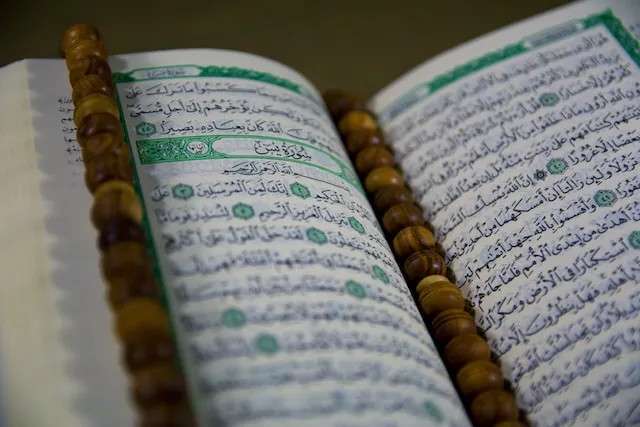

4 - Sawm Ramadan (صوم رمضان - Fasting in Ramadan)
Ramadan is the 9th month of the Islamic Calendar and it's the month Qur'an was revealed.
Muslims should fast from Sunrise to Sunset during Ramadan. Abstaining from food, drink, and some other physical needs. While the main purpose of fasting is spiritual. This practice emphasizes self-discipline and encourages empathy for poor people.

5 - Hajj (الحج - The Pilgrimage)
The pilgrimage to the holy city of Mecca. Hajj takes place during the Islamic 12th month of the Islamic Calendar and it's a once-in-a-lifetime obligation. The steps of Hajj are hard to do, so only people who have the financial means and health are required to go to Hajj. It's a huge yearly event that you can watch live every year on TV.
Only a few members of my extended family were able to go to Hajj, and I wish I'll get the chance to go and take it one day.

So, Let's Start ~
It's interesting to note that while the Qur'an is the most important aspect of Islam as it is the word of God, it's not in this list, but memorizing a part of the Qur'an is a pre-requisite for the second Pillar: Salat.
In the next few articles, I'll explain more about each of the Pillars of Islam.
I originally planned for this to be one article with details about each point followed by my opinions, but it turned out too long and I decided to make it a series of posts.
I hope you're enjoying my Ramadanic Series, and would love to hear your opinion. If you have questions, post them below and I'll answer them to the best of my ability.

Posts in This Series:
 | 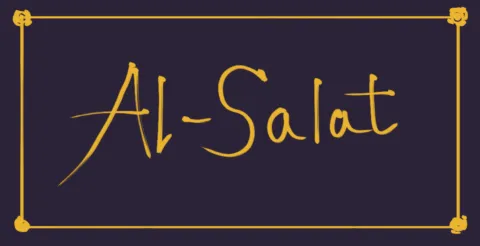 |  |
|---|---|---|
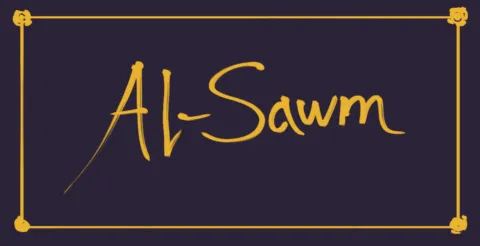 | 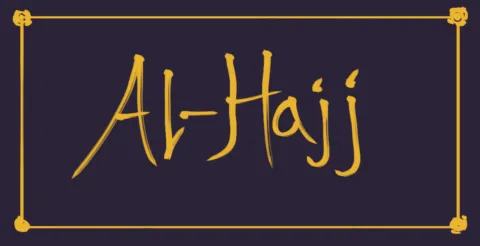 | 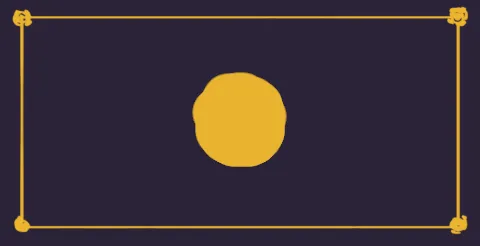 |

[ * ] The featured image is created using ibisPaint. The second image is from Unsplash.
[ * ] This article has a 10% beneficiary reward for his attempt to support my DFT series.
